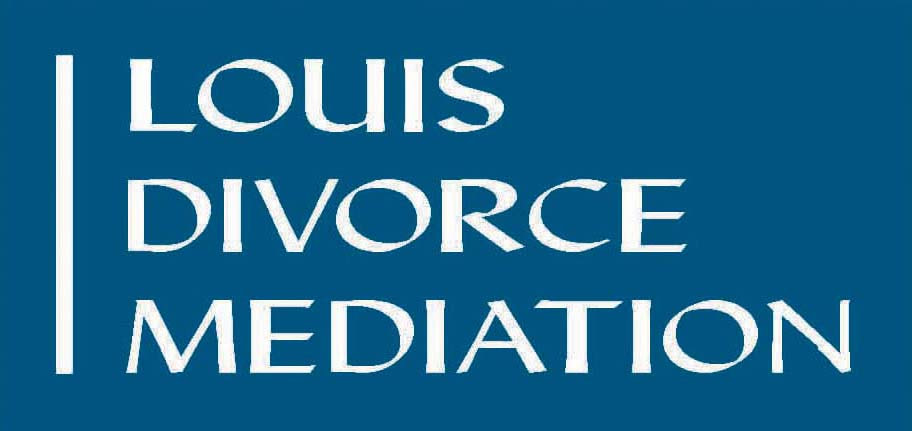Louis Divorce Mediation ~ Online and In-Person Mediation in Chicago
|
Let me share a story from a colleague—a situation many divorce mediators have experienced.
Steve and Nancy came to mediation. They worked with their mediator to develop a plan for their divorce. Many decisions were made, based on information being shared, options being explored and evaluated, and some amount of negotiation and compromise. They each decided to hire an attorney to review the agreements they made in mediation. Steve hired an attorney who also mediates. Steve’s attorney had certain questions about their agreement, and Steve explained his reasoning for why he agreed to make certain decisions. Nancy engaged an attorney who is a seasoned divorce litigator. This attorney told Nancy that he would reach out to Steve’s attorney and attempt to renegotiate the mediated agreement or suggest that Nancy litigate the divorce so she could obtain a better outcome for herself. The attorneys spent several months negotiating an agreement different from what was reached in mediation. Steve was anxious to complete the divorce process and gave in on many of the issues. What started as a cost-effective, amicable process involving decision making to meet personal needs changed into a more adversarial and costly legal process that placed advocacy ahead of collaboration. Both Nancy and Steve became disenchanted with the mediation process and the attorneys. As a divorce mediator, I encourage you to seek legal representation when it is important for you to have the legal support that I cannot offer as a neutral mediator. However, the choice of a review attorney…can greatly influence the process. As a divorce mediator, I encourage you to seek legal representation when it is important for you to have the legal support that I cannot offer as a neutral mediator. However, the choice of a review attorney, as seen in the above example, can greatly influence the process. No mediator can protect you from an experience like the one encountered by Steve and Nancy. On the other hand, there are some the steps I take to reduce the likelihood of an agreement reached in mediation being unraveled by review attorneys:
When you decide to mediate your divorce, you are acting on the principle that you can make your own decisions about how to end your marriage, which may include getting legal advice or a constructive legal review of the decisions you’ve made. With information, preparation, and legal assistance that respects the mediation process, you will be far less likely to suffer the fate of Steve and Nancy.
0 Comments
New clients often ask me what they need to do to prepare for the mediation process. There are two parts to the answer:
Preparing to make important decisions As a mediator, I want you to have as much information as possible to be ready to discuss all the important topics that will arise in a divorce mediation—whether those relate to your children, your assets and debts, or your financial needs. I provide you with:
Preparing for productive dialogue Some clients, even though their marriage is ending, have the ability to conduct respectful and meaningful conversations on their own. However, many don’t. You shouldn’t be surprised if you’re uneasy about the prospect of having to engage in a challenging conversation with your soon-to-be ex. It could be difficult to talk about creating separate futures involving co-parenting, separating finances, and attempting to agree on arrangements for support to establish two financially sustainable households where the needs of the children are met. You cannot control your ex’s thoughts, speech or behavior, but you can prepare yourself for mediation by raising self-awareness to help you be at your best. You cannot control your ex’s thoughts, speech or behavior, but you can prepare yourself for mediation by raising self-awareness to help you be at your best. And if you and your ex are both more self-aware, that can help you to be more ready and focused on the quality of your dialogue in your mediation sessions. As your mediator, I work with both of you, providing you with exercises in advance to promote greater self-awareness. Such exercises help you reflect on a number of questions:
Just as athletes exercise and train before they compete, this self-preparation can make you ready to move past the communication challenges of the past and reset yourselves for better conversations in mediation. |
Categories |
David Louis, MPA, CDFA® • Louis Mediation Services - Chicago
|
Chicago Office: 1700 W Irving Park Rd., Suite 105, Chicago, IL 60613
Northbrook Office: 555 Skokie Blvd., Suite 500, Northbrook, IL 60062 |
Copyright © 2024



 RSS Feed
RSS Feed